#brian dillon
Text
We dreamed, I think, of a sound, of a song, that would say what we could not and that would at the same time excuse us from ever having to say anything.
— Brian Dillon, In the Dark Room: A Journey in Memory
#quote#Brian Dillon#In the Dark Room: A Journey in Memory#In the Dark Room#In the Dark Room A Journey in Memory#lit#quotes#non fiction
36 notes
·
View notes
Text
[Julia Margaret] Cameron entered the canon of photography slowly, helped in part by the influential critic Helmut Gernsheim, who wrote a book about her in 1948. But her current status—major museum shows began in the 1980s—surely owes a good deal to the renewed respectability of "staged" photography, whether in the layered self-presentations of Cindy Sherman or the complex scenarios constructed by Jeff Wall. The blurring of distinctions between art photography and performance in the 1980s and '90s meant Cameron started to seem less of a Victorian curio, more an artist with a keen eye for the invention of scenes, narratives, and personae. And the fault line in her work between all those darkling male geniuses and obscure women arrayed and arranged to mean a great deal—this has made her all the more intriguing to curators, critics, and contemporary audiences.
—Brian Dillon, from "Vaguenesses" (Affinities: On Art and Fascination, The New York Review of Books, 2023)
6 notes
·
View notes
Text



Essayism, Brian Dillon
10 notes
·
View notes
Text
Is that what the essay is, what the essay allows: an excuse for never being able to commit to a lifelong, career-long, project? I’m not even sure that the essay is the problem; few, actually, of the 1,174 files in that folder on my computer can legitimately be called essays. So what are they? Why devote your adult life, at the expense of more than one sort of security, to the composition of many hundreds—perhaps a few thousand, in the end—of responses to the world of things and books and pictures and places and memories? What is it all for, exactly? To keep certain kinds of fear at bay, or to cultivate anxieties, to replicate the same fear a thousand times and more, as if it were the only thing keeping you alive?
Brian Dillon, Essayism
21 notes
·
View notes
Text

—Lola Seaton, "Mannerisms"
Mann-erisms indeed. Anyway, this is what I've been saying. I would point, as I have before, to this counter-Flaubertian statement rather than to Strunk and White, who may err too far in the other direction:
This everlasting fallacy (see Sir Thomas Browne’s Urn Burial) has been formulated and recommended by Flaubert in the following sentence: “Correction (in the highest sense of the word) does to thinking what the waters of the Styx did to Achilles’ body, that is, makes it invulnerable and indestructible (Correspondence II, 199). His judgment is conclusive, but I personally have not experienced any confirmation. (I suppress the tonic virtues of the Styx, an infernal reference used for emphasis, not argument.) The perfect page, the page in which no word can be altered without harm, is the most precarious of all. Changes in language erase shades of meaning, and the “perfect” page is precisely the one that consists of those delicate fringes that are so easily worn away. On the contrary, the page that becomes immortal can traverse the fire of typographical errors, approximate translations, and inattentive or erroneous readings without losing its soul in the process. One cannot with impunity alter any line fabricated by Góngora (according to those who restore his texts), but Don Quixote wins posthumous battles against his translators and survives every careless version. Heine, who never heard it read in Spanish, proclaimed it for eternity. The German, Scandinavian, or Hindu ghost of the Quixote is more alive than the stylist’s anxious verbal artifices.
I would not wish that the moral of this assertion be understood as desperation or nihilism. Nor do I wish to foment negligence, nor do I believe in a mystical virtue of the awkward locution and the shoddy epithet. I am stating that the voluntary emission of those two or three minor pleasures—the ocular distraction of metaphor, the auditory distraction of rhythm, and the surprises of an interjection or a hyperbaton—usually proves that the writer’s overriding passion is his subject, and that is all.
—Jorge Luis Borges, “The Superstitious Ethics of the Reader,” trans. Suzanne Jill Levine (Selected Non-Fictions)
3 notes
·
View notes
Link
0 notes
Link
0 notes
Text
"The danger that we are seeing too much in such images is never far away..." #ReadIndies @briangdillon @FitzcarraldoEds #Affinities
Those of you with longer memories will recall that #ReadIndies grew out of Fitzcarraldo Editions Fornight, an event Lizzy and I co hosted back in 2020. So while we have expanded our remit for #ReadIndies, I always like to fit in a Fitzcarraldo book if I can; and I was delighted that this month sees the release of a new essay collection by one of my favourite essayists, Brian Dillon. Entitled…

View On WordPress
0 notes
Text
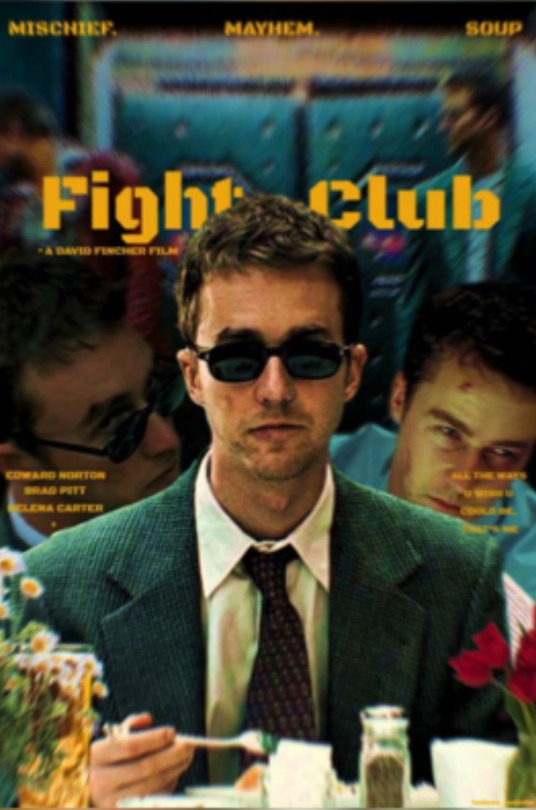








silly guys in silly glasses (I would die for each and everyone of these men)
#these could be the perfect pfp#fight club#edward norton#the narrator#johnny marr#the smiths#brian johnson#the breakfast club#breakfast club#ethan hawke#robert sean leonard#rsl#dead poets#dead poets society#dead poets society fandom#dead poets fandom#dps boys#dps#dps fandom#kurt cobain#matt dillon#80s#90s#80s movies#marty mcfly#back to the future#bill s preston esquire#ted theodore logan#bill and ted#keanu reeves
176 notes
·
View notes
Photo

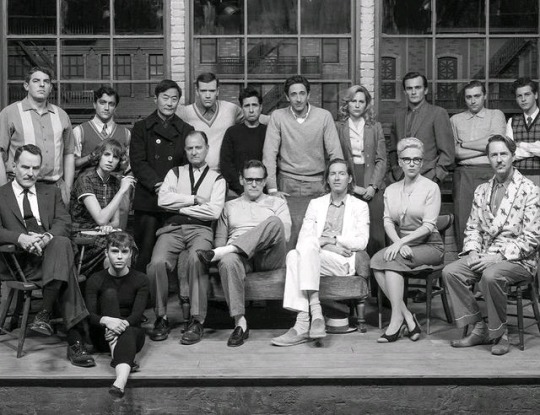



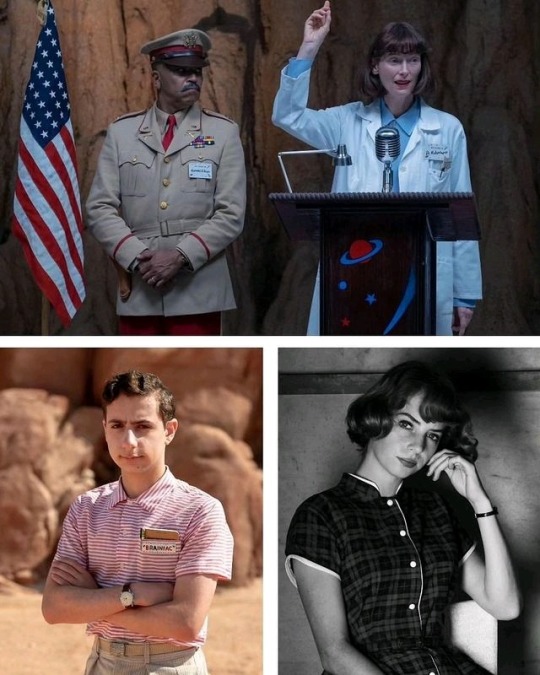
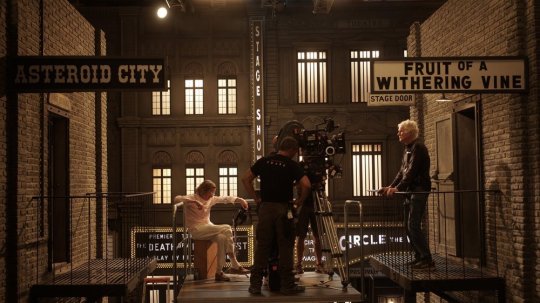
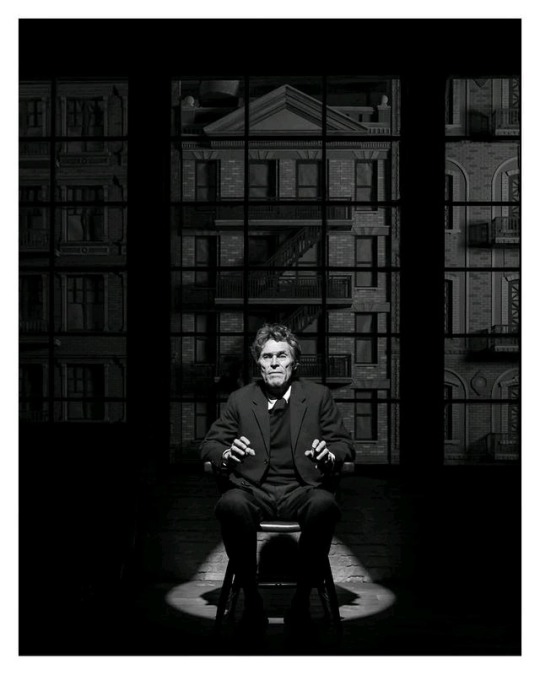

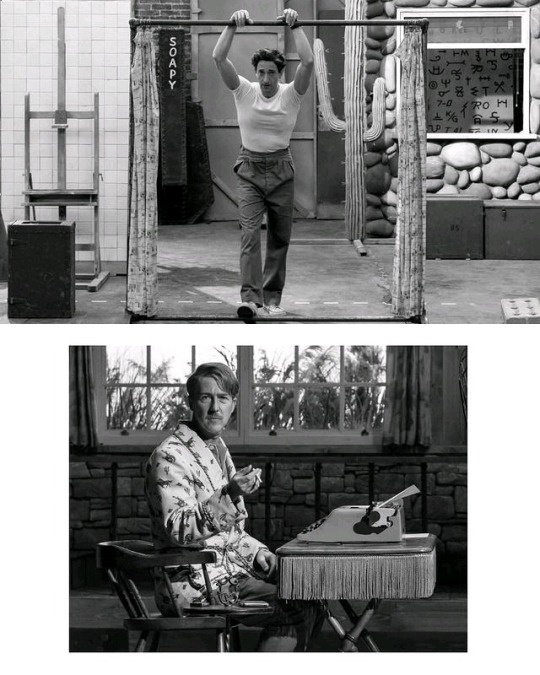
Behind-the-scenes shots of Asteroid City
#asteroid city#wes anderson#set design#production design#adrien brody#scarlett johansson#willem dafoe#fun fair#carnival#robert yeoman#rupert friend#brian cranston#maya hawke#jeffrey wright#tilda swinton#matt dillon#cowboy#steve carell#jason schwartzman#edward norton#fisher stevens#spain
948 notes
·
View notes
Text
me coded characters
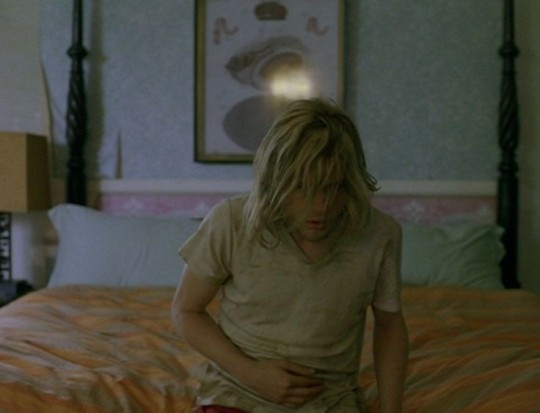

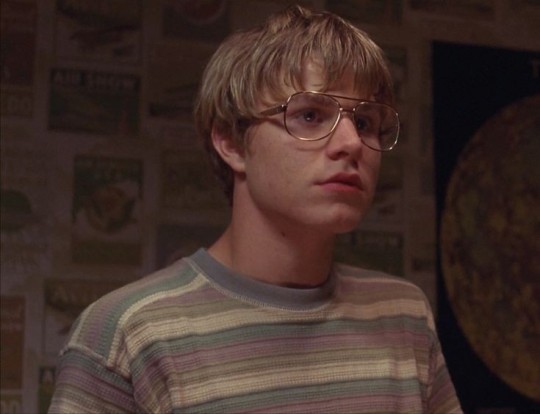
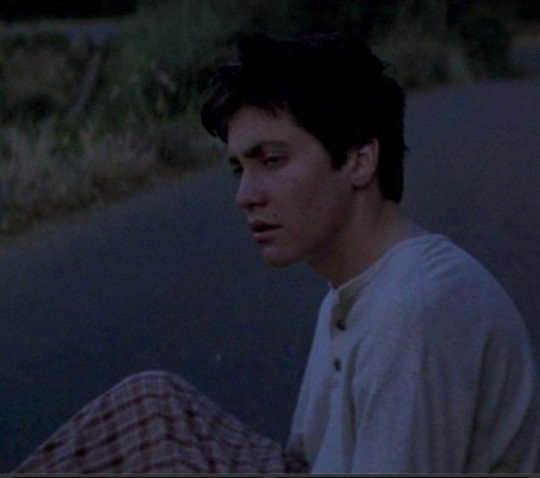




#mikey waters#my own private idaho#gus van sant#mysterious skin#brian lackey#bob Hughes#drugstore cowboy#mark renton#trainspotting#Donnie Darko#last days 2005#blake last days#henry letham#stay 2005#ryan gosling#jake gyllenhaal#ewan mcgregor#matt dillon#river phoenix#brady corbet#curt wild#velvet goldmine
738 notes
·
View notes
Text
Then there are the more or less elaborate frames and apertures—allegories of the square-format image she [Francesca Woodman] favoured—by which she effects her apparitions and her disappearing acts. Here she is manifesting herself from behind the shutters of a tall window, or apparently trying to climb into a large wood-framed mirror. She hovers or hangs in doorways, gets trapped in a rotting old fireplace, slips behind the wallpaper, vanishes from view as a dilapidated door unhinges itself and seems to levitate in a bare room. The nod to spirit photography becomes more blatant in a series of photographs in which she is seated and black-clad, her hands splayed before her and glowing, or when she opens her mouth and a stream of transparent glass or plastic letters floats out like ectoplasm.
—Brian Dillon, from "Shinning Up a Doorframe" (Affinities: On Art and Fascination, The New York Review of Books, 2023)
3 notes
·
View notes
Text

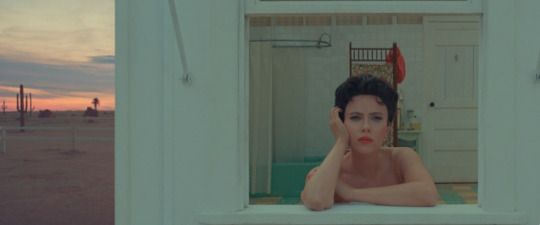
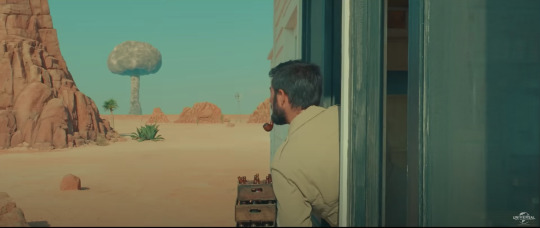






SUBLIME CINEMA #657 - ASTEROID CITY
Was lucky to catch this before it was released just about anywhere else, and I'm happy I did. Asteroid City is among Wes Anderson's best films, and visually it might be his most majestic - something that is hard to really quantify given that every one of his movies are objects of aesthetic perfection.
Love him or hate him, his films are audacious in scale, artistry, and freedom to experiment, and he does what he pleases. I find them cutesy but I also love that his movies are smart, and that audiences seem to respond to this level of intellect thrown at them without question (one of the central characters is nicknamed 'Brainiac', and he's surrounded by characters who are just as smart as he is.)
You could say Asteroid City is a stylistic leap, although it is still so familiar. What is different this time is that we are unsure of what is real and what is isn't; what backdrop might be digital, what might be Arizona, or what is a set, what is location. The bright teal and orange 'technicolor' looks completely out-of-this-world and yet it is all so comforting and nostalgic. There are enough details in the corners of each frame to fill out several feature films and warrant repeat viewings.
#cinema#cinematography#wes anderson#asteroid city#scarlett johannsen#jason schwartzman#steve carell#matt dillon#bob balaban#maya hawke#tom hanks#margot robbie#jeffrey wright#tilda swinton#adrien brody#brian cranston#hope davis#liev schreiber#Steve park#Rupert friend#film stills#color#technicolor#35mm#filmmaking#movies#movie#great film#cannes#cinephile
209 notes
·
View notes
Text
I distrust writers who write straight away about their depression or other mental pain. I’m suspicious of them in ways I am not, for example, when a writer describes her recent divorce or her present predicament with cancer. But why this doubt or scruple? I tell myself it is because I want from writing, from literature, a more conscious and conspicuously worked evidence of distance and thought, transformation of the raw material. But what if I am simply afraid of the version of honesty that comes with proximity to events—others’ proximity, that is, or my own?
Brian Dillon, Essayism
18 notes
·
View notes
Text
The Roddler's 75th pt 2
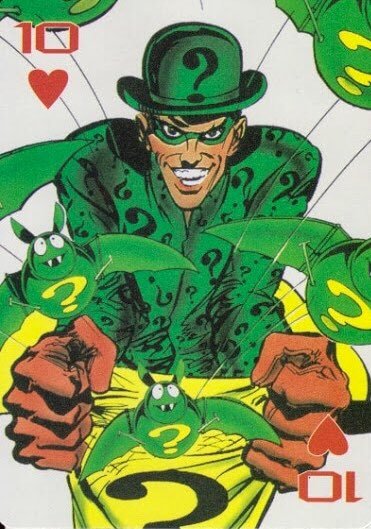


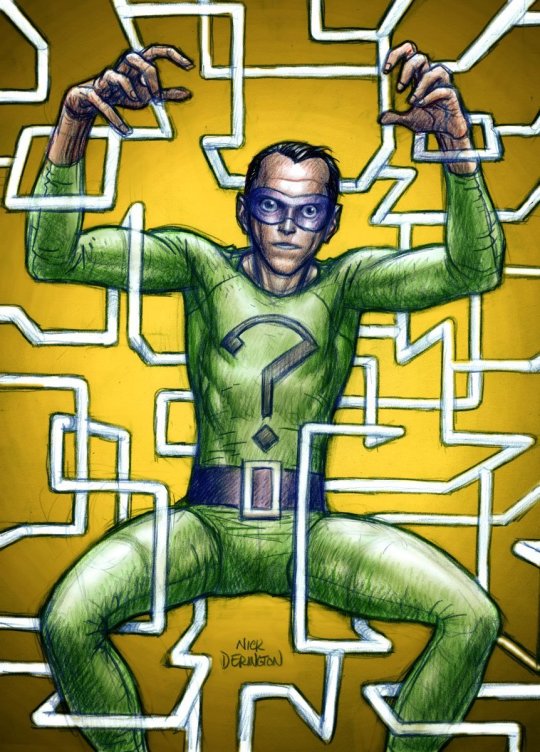


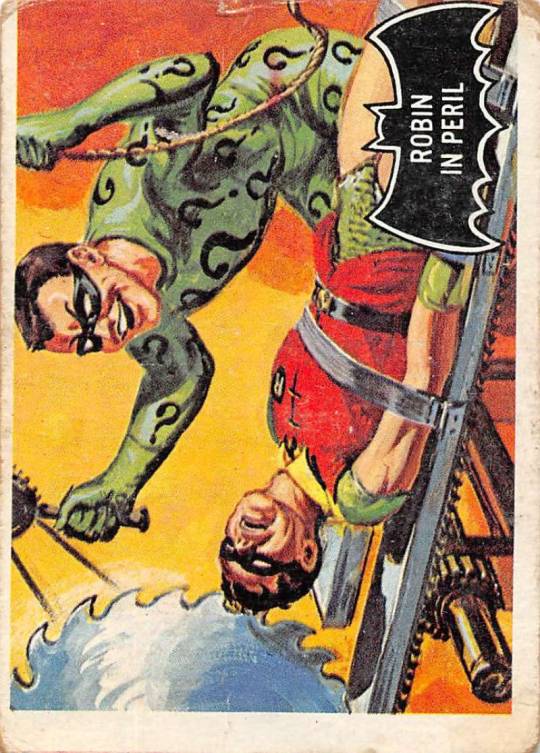
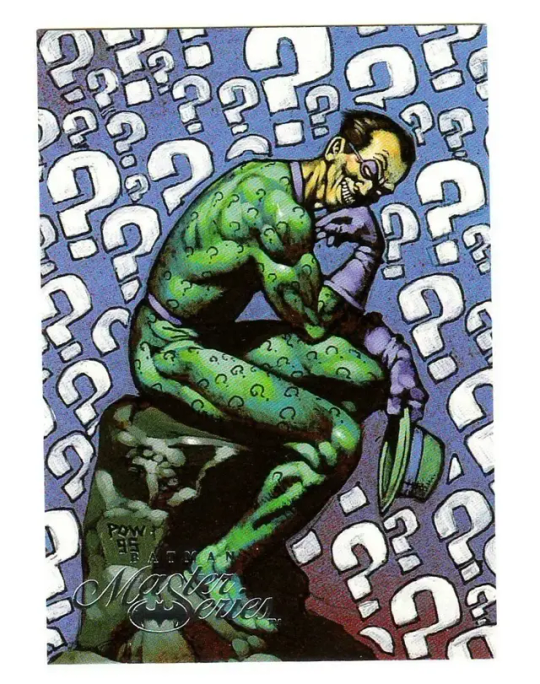

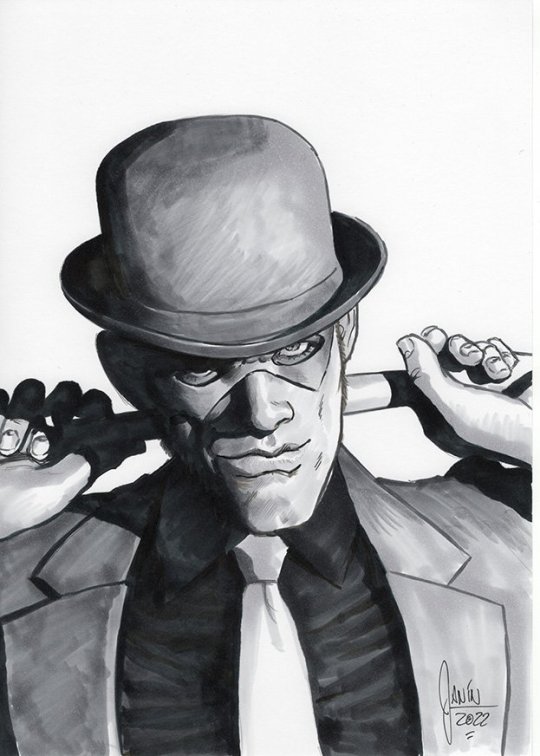
#dc comics#the riddler#joe giella#mikel janin#todd nauck#neal adams#dermot power#alex toth#norm saunders#nick derington#brian bolland#patrick dillon
46 notes
·
View notes
